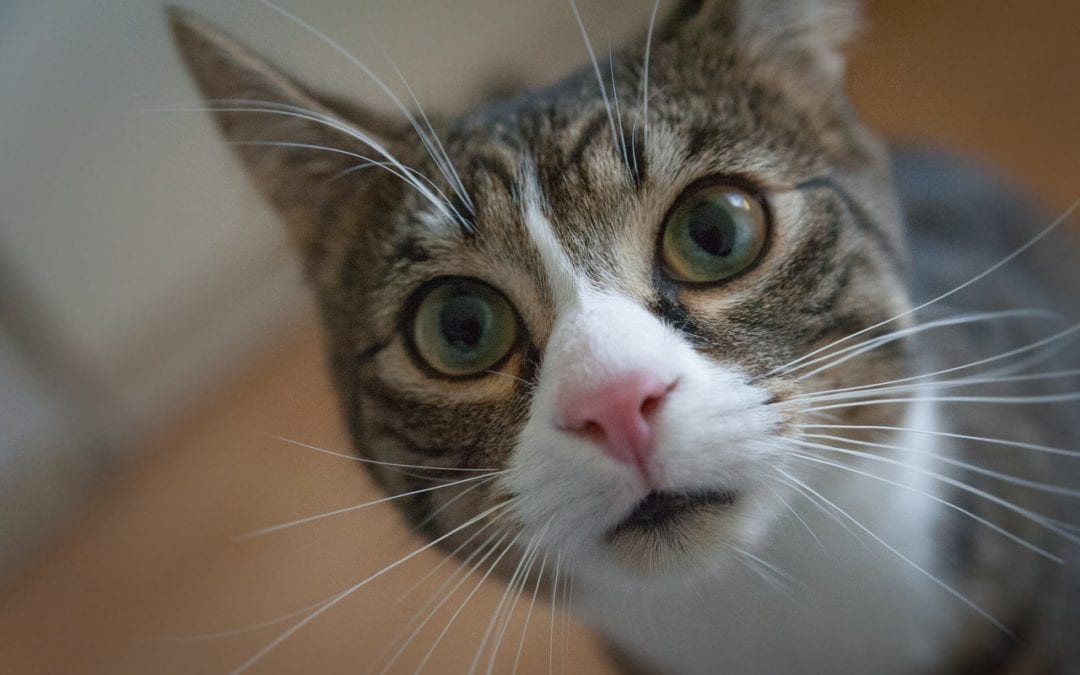Have you noticed your cat going outside of the litter box? They could be suffering from feline idiopathic cystitis (FIC), one of the main causes of inappropriate urination. Learn more about the signs, diagnosis, and treatment of this condition.
Feline idiopathic cystitis signs
FIC can develop without any obvious underlying cause, and more than one unidentified, underlying condition that leads to FIC is possible. Cats with FIC will show signs that indicate an issue with their lower urinary tract system, including:
- Blood in the urine
- Painful or difficult urination
- Frequent urination
- Urinating outside the litter box or in unusual places
- Overgrooming because of bladder pain
- Increased irritation or aggression
If you notice your cat struggling to urinate, contact us immediately. Male cats—and occasionally female cats—can develop a life-threatening urinary blockage.
Feline idiopathic cystitis diagnosis
Since no diagnostic test can confirm that your cat is suffering from FIC, the diagnosis is made by ruling out other potential urinary conditions. To do that, we will examine a urine sample for the presence of red, white, and abnormal blood cells, bacteria, or crystals, and take X-rays to rule out urinary tract stones and bladder masses. An ultrasound of the entire urinary tract may also be indicated. Blood work is necessary to check kidney function and to search for other potential causes of urinary issues.
Feline idiopathic cystitis treatment
With no definitive cause of FIC, treatment is challenging and focuses on encouraging frequent drinking and urination, reducing stress, and stimulating your pet mentally. Management measures include:
- Adding more litter boxes in various quiet places in your home
- Providing a drinking fountain instead of a water dish
- Switching from dry to canned food to increase water intake
- Investigating prescription urinary diets
- Offering more drinking stations throughout your home
- Reducing stress by:
- Diffusing the Feliway pheromone in areas where your cat spends most of her time
- Offering scratching posts and climbing towers
- Playing with your cat daily
- Creating elevated perches for napping and observing
- Avoiding household inter-cat conflict
- Allowing daily outdoor activity in an enclosed run to provide mental stimulation
If your cat is having litter box issues, we’re here to help. Contact us to schedule an BOOK APPOINTMENT.


